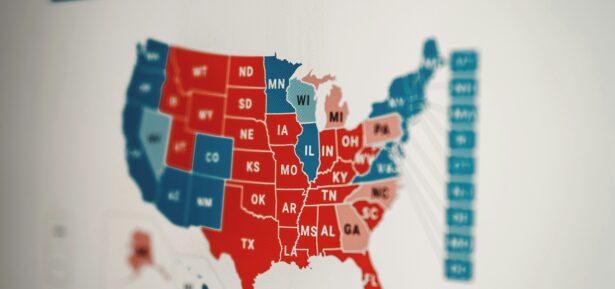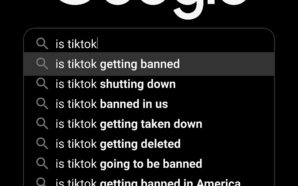FCC Warns People Against Illegal Robocall Scam
Are you hearing your phone ring just once? The Federal Communications Commission is warning you not to call the number back. If you do, you could be on the hook for hundreds of dollars after falling victim to a “one-ring” phone scam.
“For illegal robocallers, the goal isn’t always getting you to answer. Sometimes, it’s getting you to call back,” the FCC said in a warning posted to its Web site. “Every so often, your phone may ring once and then stop. If that happens to you, and you do not recognize the number, do not return the call. You may be the target of a ‘one-ring’ phone scam.”
According to the FCC, scammers often disguise these phone numbers with what appear to be U.S. area codes, when the call is actually coming from a foreign country with a three-digit code, such as the Dominican Republic or Turks and Caicos. People who call the numbers back can be charged connection fees, as well as a per-minute fee similar to ones charged by 900 numbers.


“If you call any such number, you risk being connected to a phone number outside the U.S. As a result, you may wind up being charged a fee for connecting, along with significant per-minute fees for as long as they can keep you on the phone. These charges may show up on your bill as premium services,” the FCC said.
Play it safe by declining calls from unfamiliar numbers, and if they only ring once, don’t call back. Always check to see if the area code from an unfamiliar number is actually the three-digit code of a foreign country.
-
In a significant escalation of the ongoing dispute over misinformation, Brazil Supreme Court Justice Alexandre de Moraes has initiated...
-
In a significant legal development, U.S. District Judge Aileen Cannon has declined former President Donald Trump’s request to dismiss...
-
Major Collision Causing the Collapse of the Bridge The recent collapse of the Francis Scott Key Bridge in Baltimore,...
-
Donald Trump is on the brink of a crucial deadline in a business fraud case, with just a few...
-
Sylvia Gonzalez, a newly elected city council member in a small Texas community, was embroiled in controversy when she...
-
Is TikTok Getting Banned in the States? The United States House of Representatives has voted with bipartisan support to...
-
The 2024 Election Race Continues Between Joe Biden and Donald Trump With the 2024 general election drawing closer, President...
-
Another Successful Moon Landing Intuitive Machines, a commercial space company, has achieved a remarkable feat by landing its Odysseus...
-
Has the State of USA Improved Since Trump’s Presidency or Gotten Worse? Given the current climate of the United...
-
Neuralink Makes a Major Breakthrough with Patient A patient who has received a Neuralink brain implant can now control...
-
In a surprise speech delivered from the White House, President Joe Biden addressed the recent special counsel’s report and...
-
Is Texas Taking the Right Step Towards a Better America? The Austin Guaranteed Income Pilot, Texas’s pioneering tax-payer-funded basic...



















